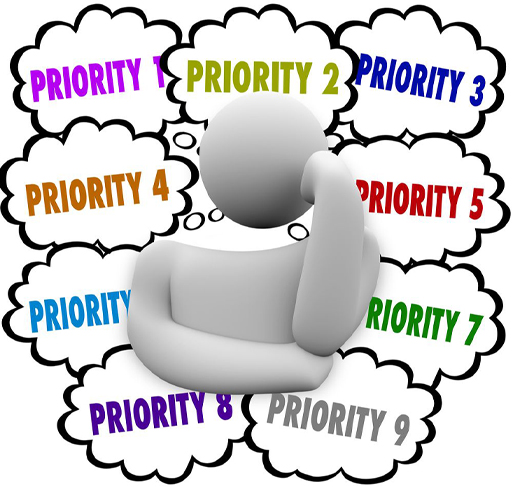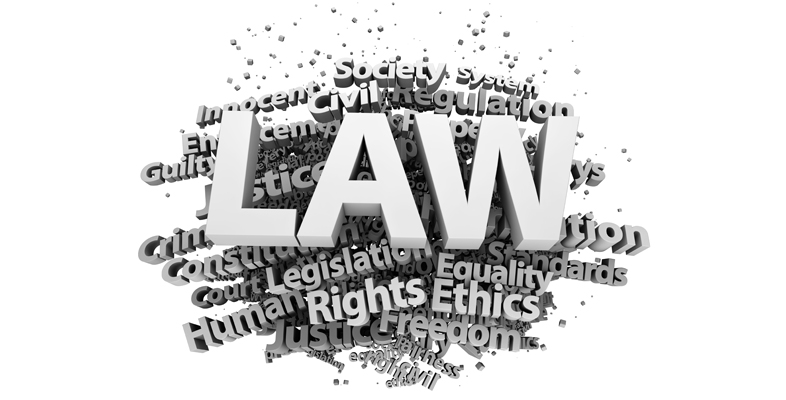2.4 Professional regulation across the devolved nations
Along with differing laws and law-making bodies, the four nations each have their own regulators for the social work profession, which means although social work is now regulated throughout the UK, differing rules apply in each of the nations.

However, along with the differences there are also similarities. For example, the term social worker is a protected job title throughout the UK. This means that only those who are suitably qualified can call themselves a social worker, though many others may be involved in social work. The need to protect the job title of ‘social worker’ is based upon the fact that social workers wield a great deal of power: they have the authority to intervene in people’s lives and make life-changing decisions. For example, a social worker could seek an order that a child be taken away from their birth family on a permanent basis.
The need for regulation is both to protect the public and service users and to maintain confidence in the profession. It is necessary for social workers to register with their regulatory body and if they fail to do so they will no longer be allowed to be employed as a social worker. All the areas that need to be regulated in order to achieve the aims of public protection and safety can be categorised into five key areas:
Protection of titles and registration
In the UK, it is unlawful to call oneself a social worker or to practise as a social worker if you are not registered with the relevant national social work regulator.
Education for initial registration
To be able to register with one of the four UK social work regulators you have to undertake an approved programme of education.
Competence
To continue to practise as a social worker, practitioners have to ensure that you are competent to do so. This means you need to ensure that following your initial registration you continue to develop yourself professionally often through further training, which helps you develop your knowledge and skills.
Standards for performance
To maintain registration with one of the four UK social work regulators, social workers have to ensure that they meet the standards (e.g. in a code of practice and ethics) that are laid down by them.
Fitness to practise
If a social worker fails to meet any of these criteria, including the standards, they can face fitness-to-practise proceedings, which could censure them – including by the ultimate sanction of removing them from the professional register and thereby removing their ability to practise as a social worker.
